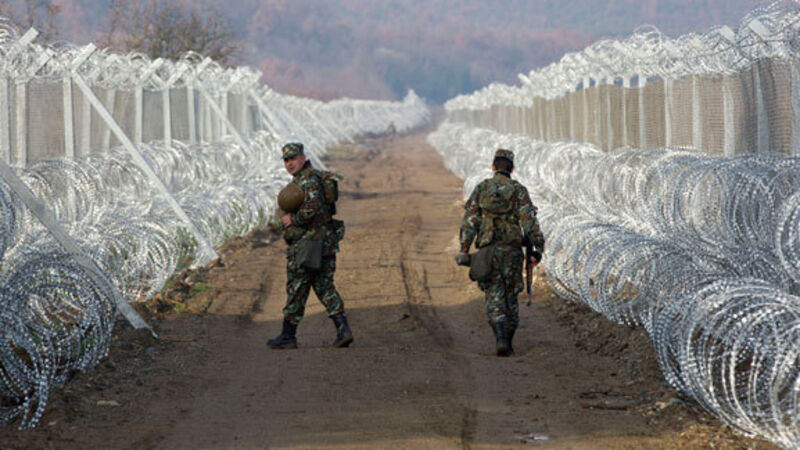25 drown off Turkish coast as borders close to refugees

The Turkish coast guard launched a search-and- rescue mission for other refugees believed to be missing, the state-run Anadolu Agency reported. The coast guard rescued 15 other refugees off the Aegean Sea resort of Didim, it added.
The dead included three children, according to the private Dogan news agency.











